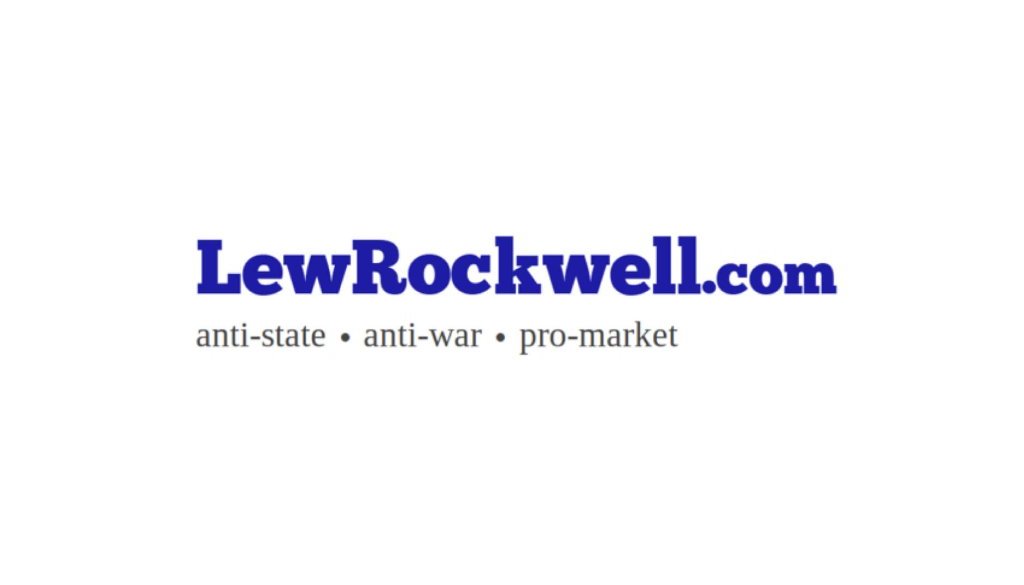Gatsby Meets Nietzsche on the Train to Town
“Time present and time past
Are both perhaps present in time future
And time future contained in time past.
What might have been and what has been
Point to one end, which is always present.” – T.S. Eliot, The Four Quartets
“You can’t repeat the past,” says Nick Carraway to Jay Gatsby in F. Scott Fitzgerald’s The Great Gatsby, which was published one hundred years ago this spring.
Gatsby responds incredulously, “Can’t repeat the past? Why of course you can!”
This often quoted exchange is typically used to exhibit Gatsby’s delusions, but he may have been right, in the wrong way.
A deep reading of the book suggests it offers the perfect description of today’s political and cultural life, in Nick’s words: “a satisfactory hint of the unreality of reality, a promise that the rock of the world was founded securely on a fairy’s wings.”
Commentating on the Roaring Twenties as they started to meow, Fitzgerald later wrote, “By 1927 a widespread neurosis began to be evident, faintly signaled, like a nervous beating of the feet, by the popularity of crossword puzzles.” He said that once “pretty much of anything went“ at Cap d’Antibes on the French Riviera near where he and his wife Zelda had lived for a while. It also was an apt description of New York City and other places where the wild life of the post-World War I reaction was in full force. It was not just speakeasies, jazz, and a sexual revolution, but the first full-blown phase of the technological and commercial world we know today. The 1920s’ modernism, with its ethos of the prohibition to prohibit still somewhat limited to certain cities, was the seedbed for postmodernism’s vastly expanded and deeper rooted transformation of cultural mores today where anything goes.
But by the late 1920s, tamed by political and economic world events, personal disillusionment from the war’s reality, and hangovers from unbridled excess, dispirited days followed, only to be followed by deeper depressions emanating from the stock market crash, followed by the Great Depression, and World War II.
Nevertheless, in 1934 Cole Porter wrote the song, Anything Goes, for the musical by the same name, that, despite being censored for its naughty lyrics, captured in witty words the aftereffects of a world where the old mores were dying as the world was sailing into disaster on a ship of fools.
In olden days, a glimpse of stocking
Was looked on as something shocking
But now, God knows
Anything goes
Good authors too who once knew better words
Now only use four-letter words
Writing prose
Anything goes
………………………………………………………………………
The world has gone mad today
And good’s bad today
And black’s white today
And day’s night today
………………………………………………………………………
Just think of those shocks you’ve got
And those knocks you’ve got
And those blues you’ve got
From that news you’ve got
And those pains you’ve got
If any brains you’ve got
It was also in the mid-nineteen thirties that Fitzgerald penned three essays for Esquire magazine about his personal breakdown that were posthumously collected in 1945 in The Crackup. Fitzgerald barely made it through the 1930s, dying in 1940 as WW II was underway, the confirmation that WW I was not “the war to end all wars.”
From “shell shock” to economic shock to “combat fatigue” to post-traumatic stress disorder (PTSD), the wars rolled on over millions of corpses and destroyed countries. They roll on still. The toll on the combatants and victims is obvious, but the crackups among those who danced through the carnage or sat fat and seemingly satisfied or indifferent remains unknown.
Still does, as indifference reigns with bi-partisan savagery hidden behind illusory party politi
Article from LewRockwell

LewRockwell.com is a libertarian website that publishes articles, essays, and blog posts advocating for minimal government, free markets, and individual liberty. The site was founded by Lew Rockwell, an American libertarian political commentator, activist, and former congressional staffer. The website often features content that is critical of mainstream politics, state intervention, and foreign policy, among other topics. It is a platform frequently used to disseminate Austrian economics, a school of economic thought that is popular among some libertarians.




